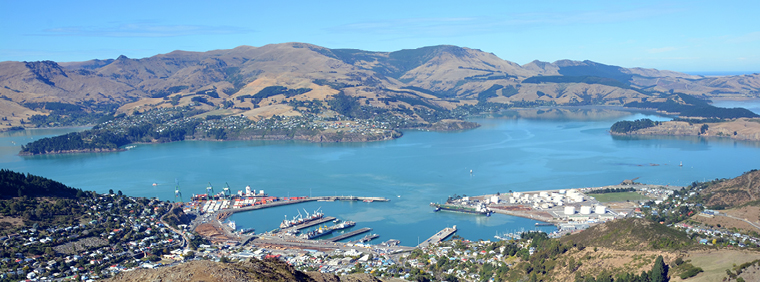New changes to the Overseas Investment Act (OIA) will be enforced later in the year restricting non-resident foreign buyers from purchasing existing homes in New Zealand in an effort to make housing cheaper for New Zealanders. These changes mean that all land considered “residential” or “lifestyle” will be deemed “sensitive land” and will be more difficult for overseas investors to purchase. The anticipation of these changes has raised some concerns and confusion for those hoping to purchase property in New Zealand.
This article aims to address some of these concerns, and clarify the confusion.
What are these upcoming changes?
The government is “tightening” the overseas investment regime by broadening the scope of “sensitive land” to include residential land, which will primarily be available only to New Zealand and Australian Citizens (and permanent residents who meet the criteria – more on this below). This will make it more difficult for overseas investors to purchase property in New Zealand as they will be subject to consent from the Overseas Investment Office (OIO). The consent/screening will require that the investors are committed to staying in New Zealand. If they obtain consent and subsequently breach the regime, the investors may be required to take certain actions such as selling their property within 12 months of the “trigger event”. The definition of a trigger event will be provided in a regulation in the act.
Along with this major change, stricter rules are likely to apply to the purchase of farm land or forestry by overseas investors.
NB: “Sensitive land” is land that cannot be purchased by overseas investors unless they obtain consent from the Overseas Investment Office.
Criteria for permanent residents:
A permanent resident may be classed with New Zealand and Australian citizens and therefore not need to obtain consent from the OIO where they have been residing in New Zealand for at least 12 months and have been present in New Zealand for at least 183 days. If they don’t meet these requirements, then they will be placed in the same class as residents for the purposes of purchase of sensitive land and will be subject to the same consent/screening criteria (showing that they are committed to residing in New Zealand).
Example:
Frank and Jill are planning to move to New Zealand from overseas and want to get in the property market over here. They are concerned that these upcoming changes to overseas investment in New Zealand will prevent them from doing so, so they want to buy property in New Zealand before it is too late. Frank and Jill are wondering whether it would be best for them to quickly buy an average house to ensure that they are in the property market before these new changes come into force.
Should Frank and Jill quickly buy property in order to get in the market?
At this stage, it is unclear when these changes will actually come into force. This poses a difficulty in determining when will be too late to purchase property before the new requirements are imposed. It is certainly a possibility that Frank and Jill could buy an average house in the meantime to simply get on the property market, and it is advisable that they do purchase property before the changes do come into force if they wish to avoid the screening criteria. If they enter into a sale and purchase agreement now, they will not be subject to the criteria when the changes do kick in.
That being said, purchasing an average property as a way of getting in the market would not give Frank and Jill a free pass to then on-sell and buy a new house later down the track. They would still be subject to the screening tests once they are enforced – that is, until they either meet the permanent resident requirements noted above, or until they become a New Zealand citizen.
Other options available to Frank and Jill:
Another option is that Frank and Jill rent a house until they have satisfied the permanent resident criteria, and then purchase a house at that stage. They will need to ensure that they have met the 12 month/183 days residing in New Zealand requirements in order to qualify by this means.
It is important to note that these changes do not by any means mean that Frank and Jill will not be able to purchase property in New Zealand; it simply means that they must get consent in order to purchase unless they meet the residency requirements.
What about agricultural/farm land and forestry?
As mentioned above, stricter requirements are also likely to apply to the purchase of farm land and forestry. If an overseas person is seeking to invest in farm land, questions in relation to jobs, new technology, increased exports, increased processing of primary and oversight and participation by New Zealanders. An overseas person investing in forestry land may be subject to certain conditions such as entering into agreements with locals.
For a more general article on the changes to OIO rules, see our article here.
If you have any further questions regarding these upcoming changes, please feel free to get in touch with us. We have teams in our Riccarton, Hokitika and Rolleston branches who would be happy to help you.
Kris Morrison – krismorrison@parryfield.com




